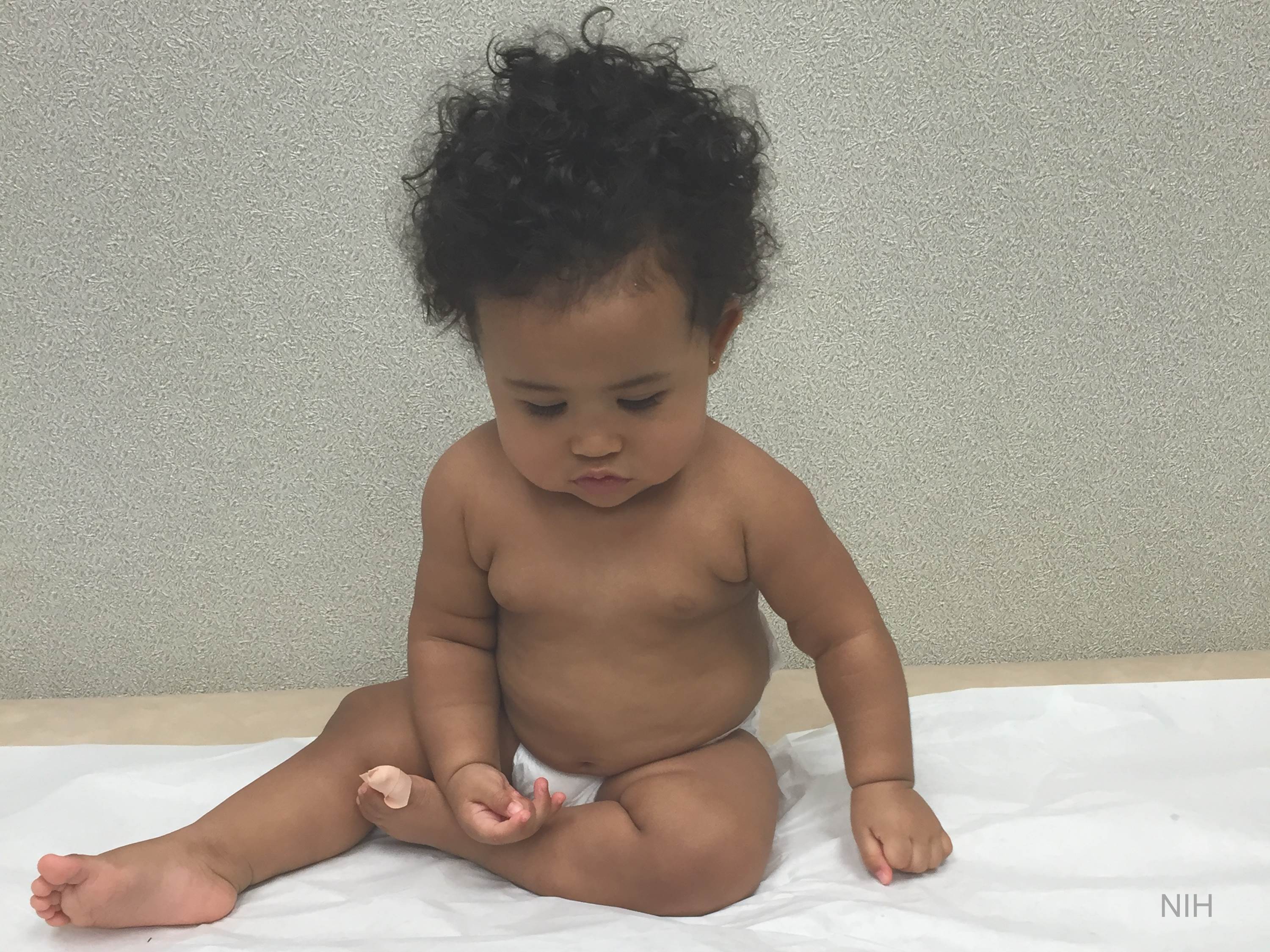RSV MEDI ΔM2-2 – NIH Director's Blog (original) (raw)
Protecting Kids: Developing a Vaccine for Respiratory Syncytial Virus
Posted on November 17th, 2015 by Dr. Francis Collins
 Vaccines are one of biomedicine’s most powerful and successful tools for protecting against infectious diseases. While we currently have safe and effective vaccines to prevent measles, mumps, and a great many other common childhood diseases, we still lack a vaccine to guard against respiratory syncytial virus (RSV)—a leading cause of pneumonia among infants and young children.
Vaccines are one of biomedicine’s most powerful and successful tools for protecting against infectious diseases. While we currently have safe and effective vaccines to prevent measles, mumps, and a great many other common childhood diseases, we still lack a vaccine to guard against respiratory syncytial virus (RSV)—a leading cause of pneumonia among infants and young children.
Each year, more than 2 million U.S. children under the age of 5 require medical care for pneumonia and other potentially life-threatening lower respiratory infections caused by RSV [1,2]. Worldwide, the situation is even worse, with more than 30 million infections estimated to occur annually, most among kids in developing countries, where as many as 200,000 deaths may result [3]. So, I’m pleased to report some significant progress in biomedical research’s long battle against RSV: encouraging early results from a clinical trial of an experimental vaccine specifically designed to outwit the virus.
Tags: childhood disease, childhood infectious diseases, childhood vaccine, clinical trial, CRADA, genetic engineering, global health, immunity, live vaccine, M2-2 gene, neutralizing antibodies, pneumonia, respiratory diseases, respiratory syncytial virus, RSV, RSV MEDI ΔM2-2, RSV vaccine, translational medicine, vaccine, virology